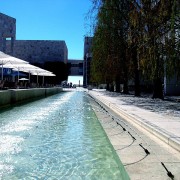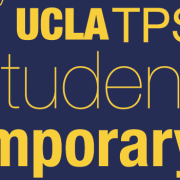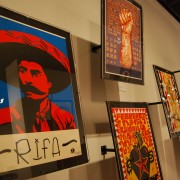!Raza!: The Latino Filmmaking Experience

Picture provided by Emily Islas.
Decades of racist representation in cinema fostered the creation of a new era of film with the reclamation of narratives by Black, Latine, and Indigenous filmmakers. Most famously within Latinos has been Luis Valdez, often deemed the founder of modern Chicano theater and film with his productions of La Bamba (1987) and Zoot Suit (1981). Since then, Latino and Chicano actors, directors, producers, and artists have continued to reclaim their identities. Included among today’s artists is Victor Adame, a proud Riverside born and raised Chicano.
I had the great pleasure and honor to interview Adame who is currently making his mark in the Latino film community with his new production ¡Raza!: a semi autobiographical film centered around a Latino family in Riverside, California, dealing with the sudden absence of the oldest brother who has been incarcerated.
The film touches on various aspects of Chicano life–both the beautiful and difficult. Without giving too much away, Adame explained that the film touched on topics such as incarceration, single motherhood, generational trauma, and many more relevant to the Latino experience in the U.S., with each of the five main characters portraying his family members.
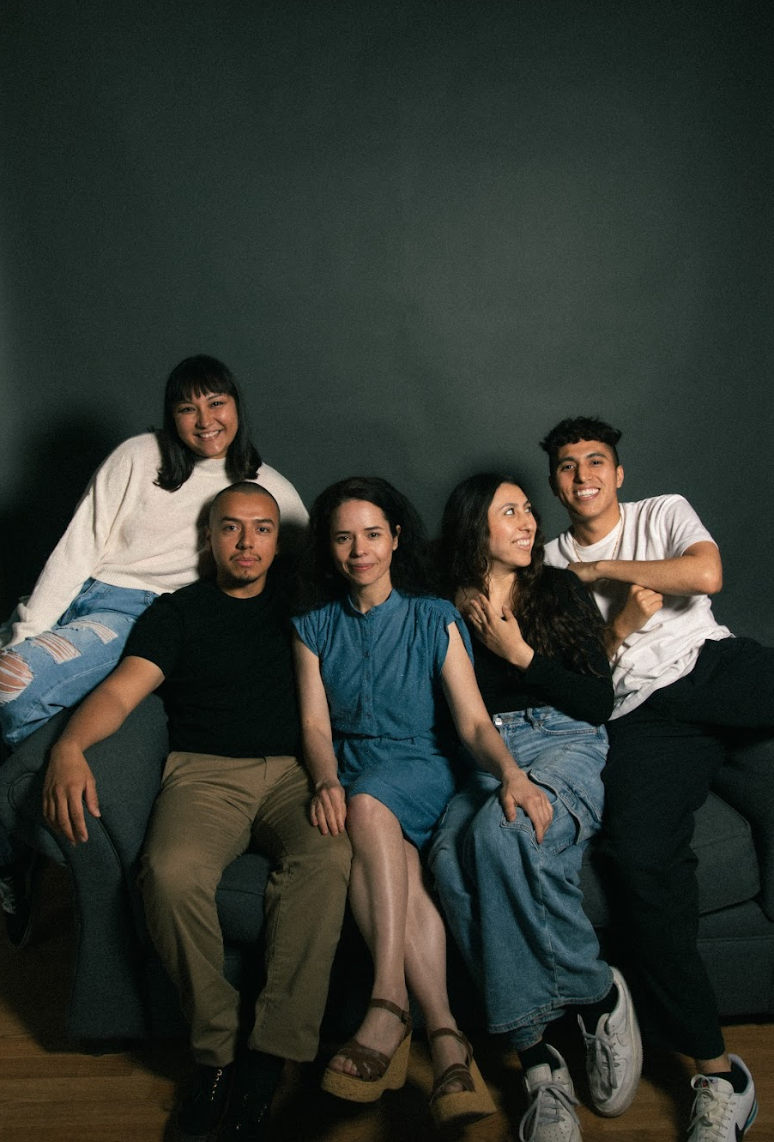
Image provided by Emily Islas.
Although originally starting his undergraduate career at the University of California, Irvine as a Psychology major, he quickly realized that film was his true passion and eventually switched his major to Film. He continued into graduate school, ultimately completing a Master of Fine Arts degree in Screenwriting at Chapman University and has presently worked with The Black List and the Sundance Institute.
Throughout his academic journey and career, he often experienced frustration with the lack of Latino representation noting, “People don’t let us tell our own stories.” Statistically speaking, “despite making up 19.1% of the US population, Latinos hold less than 5% of high-ranking on-screen, off-screen, and executive roles in media.” The stark numbers highlight how important Adame’s work and place within film is. As a result of this insufficient representation, he began the screenwriting process of ¡Raza!, created from a multitude of generational family experiences and stories.
The themes in Adame’s film, however, may be seen as stereotypical from an outside perspective, so it therefore begs the question: How is ¡Raza! working toward a narrative of reclamation? He explained that,
“For the most part these stereotypes exist because there have been other people from the outside telling stories about us and saying ‘This is who they are. They are a bunch of people who get in trouble, they are poor, they’re getting arrested, and stuff like that.’ But really, when you experience it firsthand, you’re like, that’s not how it happened. The only reason this person went down this path was because they couldn’t get the money to survive and due to lack of resources. So for me, it was about humanizing people.”
To further explain his process he mentions Moonlight, a 2016 film written and directed by Barry Jenkins that “chronicles the life of a young black man from childhood to adulthood as he struggles to find his place in the world while growing up in a rough neighborhood of Miami.” The film won three Academy Awards, including Best Picture, and one Golden Globe.
Adame explained that Jenkins “really humanizes [the characters] and creates this tendered portrait of the family.” He added, “That’s what I want to do with my community.” And despite the film being based in Riverside, he stressed that this film is not meant solely for the Chicano and Latino community of Riverside, but instead a form of validation for Chicanos and Latinos across the world. He produces this sense of validation by creating “incredibly personal” pieces. He states,
“I don’t want to tailor this film so that they can digest. And for me, it’s never been tailored towards a white audience. For me, it’s like, if you’re so specific with what you’re doing, and you make it incredibly personal with the characters, stores, and themes you’re trying to get it, it will be accessible to people, even those who don’t understand you.
Ultimately, throughout the interview Adame highlighted the importance of community; whether that be the community that has helped him pursue a career in film, or the community he aims to uplift with ¡Raza! The film’s production is currently scheduled for Spring of 2025. Its release and the work of Victor Adame and the crew will hopefully inspire a new generation of Latine filmmakers.
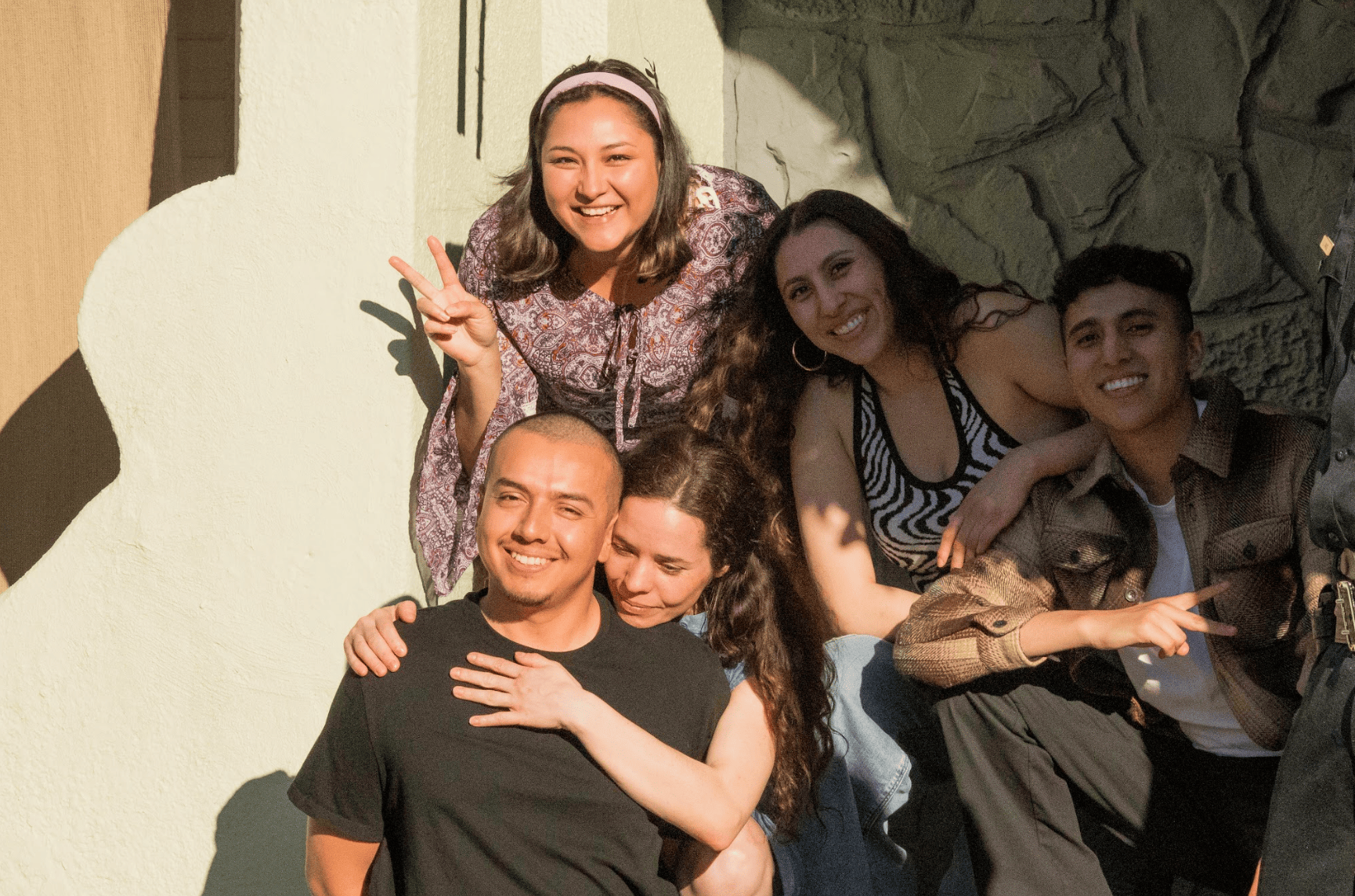
Image provided by Emily Islas.

